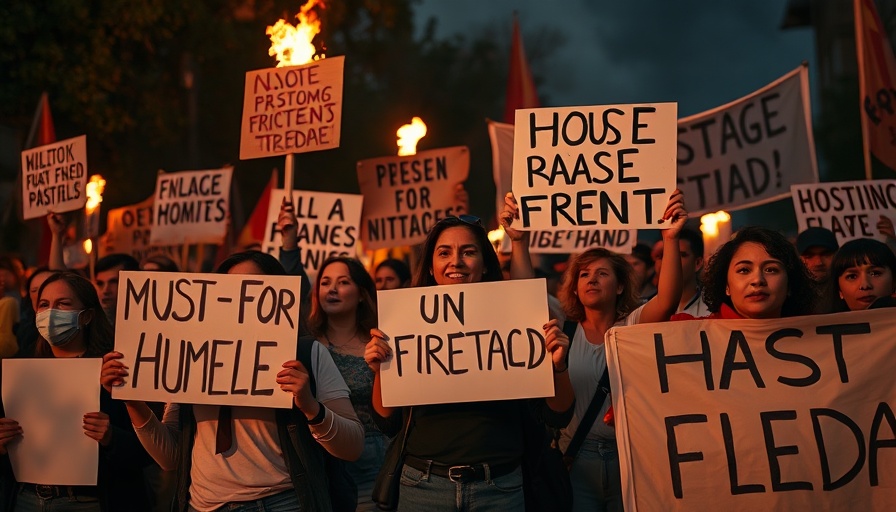
Understanding the Potential Suspension of Habeas Corpus
In a startling development on May 9, 2025, White House deputy chief of staff Stephen Miller announced that the Trump administration is considering the suspension of habeas corpus. This constitutional right allows individuals detained by the state to challenge their imprisonment in court, representing a fundamental guarantee against unlawful detainment. The implications of such a move could be profound, particularly in the context of immigration policy.
Historical Context of Habeas Corpus Suspension
The concept of suspending habeas corpus isn't new to U.S. history, but it is a serious and complex decision. The Constitution permits such suspension during extraordinary circumstances, specifically outlined in Article I. This has occurred four times in U.S. history: during the Civil War, in parts of Reconstruction, during a 1905 insurrection in the Philippines, and following the Pearl Harbor attack in 1941. Each instance raises significant concern about the balance between national security and civil liberties.
Current Implications for Immigration Policy
Miller stated that suspending habeas corpus might be seen as a solution to what he termed an “illegal immigration problem.” If enacted, this could significantly alter the legal framework governing immigration, effectively sidestepping due process rights for those detained. Such actions could set a dangerous precedent, allowing for more extensive abuses of power under the guise of national security.
Legality and Future Impact
The legality of suspending habeas corpus is already under scrutiny. Experts have raised questions about the justification of such measures, emphasizing that while the Constitution allows for temporary suspension, it requires unequivocal proof of invasion or rebellion. Moving forward, it could lead to a challenging legal battle rooted in a fundamental conflict between security measures and civil rights.
What This Means for Citizens
The prospect of a suspended habeas corpus resonates deeply with many, instilling concern over potential governmental overreach. For legal professionals, this situation emphasizes the need for vigilance in protecting constitutional rights and ensuring that due process remains intact.
 Add Row
Add Row  Add Element
Add Element 



Write A Comment